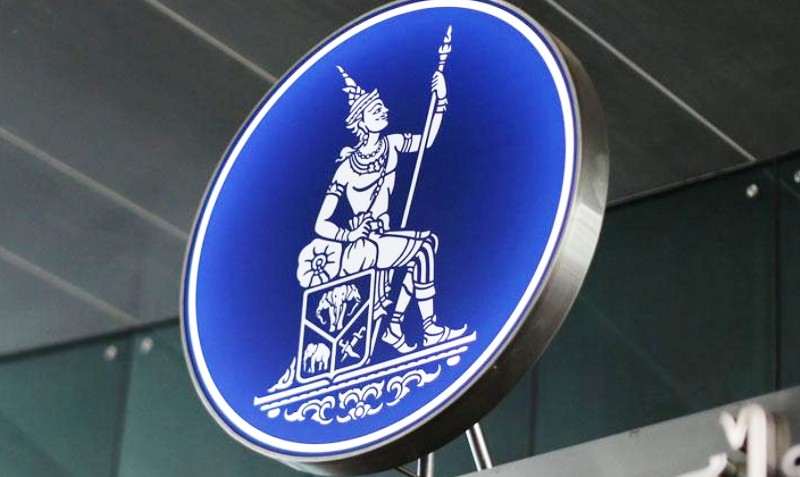
The Bank of Thailand has relegated Bitcoin to further internal transactions. It does not allow trading in use with its own accounts nor does it allow the use of credit cards.
At first glance, this sounds disadvantageous for the Bitcoin, but that is not correct. The Bank of Thailand only has the ability to prohibit its employees and bank customers from trading bitcoins. It wants to distance itself from the cryptocurrency business, because prices fluctuate too much, and the director of the central bank of Thailand also said that cryptocurrencies are illegal in the country.
There are now many banks claiming that cryptocurrency trading is illegal, supports money laundering and terrorism, but these are mere flimsy arguments, as explained by crypto experts, because banks are simply afraid of their monopoly. And in order to keep this monopoly, the banks come up with many measures and explanations to make cryptocurrencies look bad.
The Thai government, on the other hand, has recently stated that it would not ban Bitcoin, but is considering laws to control trade.
The prohibition on cryptocurrencies is likely to relate to the duration of the five strongest coins, but it is considered to allow the Ripple coin and to ensure the trade exclusively with this. This is not surprising, because the Ripple is considered as the banker coin that central banks have created to have a horse in the race at least. Some evil tongues even claim that the Ripple was created by Rothschild, the family that controls all banks worldwide.
For the traders of cryptocurrency, this is completely irrelevant as the Bank of Thailand behaves here. The goal of the cryptocurrency is to find ways to get by without the FIAT currency. Such intolerant actions on the part of the central banks have already been suspected, but they are shooting themselves out. The professionals of the cryptocurrency are even sure that everything is going according to the plan and the reaction of the Bank of Thailand is good news.
Sources:
https://www.bitcoinblogger.eu/bank-von-thailand-verbietet-bitcoin-handel